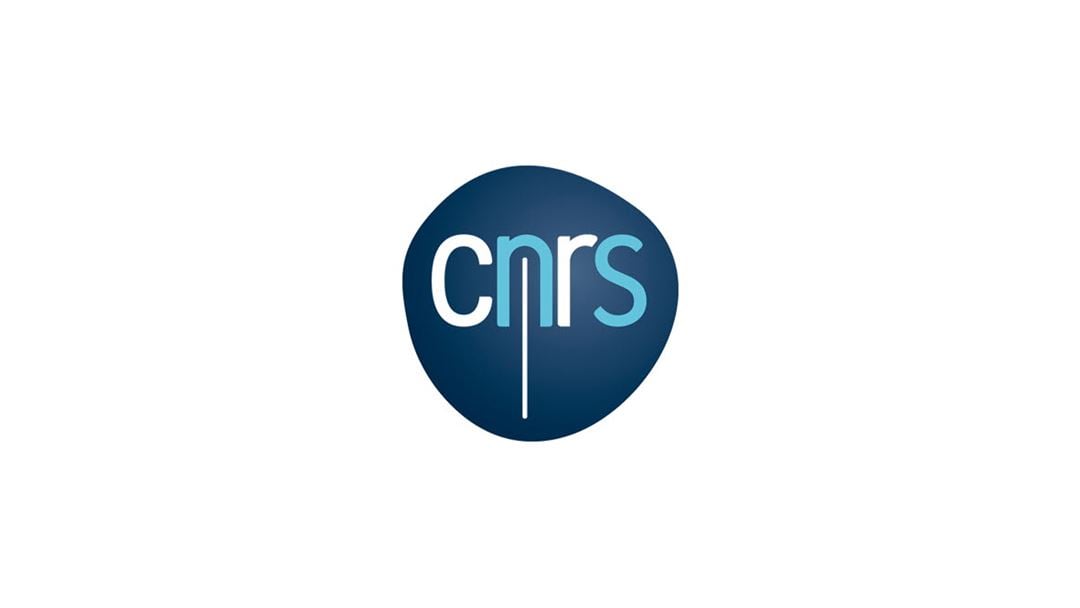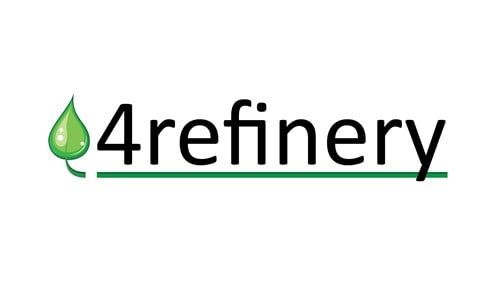CNRS
France's National Center for Scientific Research is a public research institution under the responsibility of the French Ministry of Higher Education, Research and Innovation. A pluridisciplinary organization, it covers all scientific disciplines, including the humanities and social sciences, biological sciences, nuclear and particle physics, information sciences, engineering and systems, physics, mathematical sciences, chemistry, Earth sciences and astronomy, ecology and the environment. An interdisciplinary body, it promotes research at the interface between disciplines. Each year, the CNRS awards its Gold Medal, the highest scientific distinction in France. Since 2011, the CNRS Medal of Innovation has been rewarding outstanding research in the technological, therapeutic, economic and social fields.
The CNRS contributes to the visibility of French research worldwide through 36 international joint units, a network of 8 offices abroad as well as partnership agreements with more than 70 countries and 180 international associated laboratories.
With more than 15,000 researchers and nearly 17,000 engineers and technicians, the CNRS is at the forefront of global research. First producer of scientific papers in the world with more than 51,000 publications, the organization tops several international rankings (Nature Index, Scimago Institutions Rankings, etc.).
CNRS researchers and engineers have contributed to the creation of more than 1,400 startup companies. With a portfolio of 5,629 patent families, the CNRS is France's fifth largest patent filer (INPI). It also holds a share in each of the 14 French technology transfer companies (SATTs).
IRCELYON (Institut de Recherches sur La Catalyse et l'Environnement de Lyon) is the actual CNRS laboratory that participates to 4Refinery. IRCELYON brings together all competences in heterogeneous catalysis over the Lyon area. It includes a permanent research staff of 95 members from CNRS and University and as many PhD students, post-docs, and invited scientists from all over the world.
IRCELYON includes 5 research groups supported by a platform of state-of-the-art equipment and helped by an efficient technical and administrative logistics. The research activities, at the very heart of sustainable development, are essentially devoted to energy, environment and green chemistry.
Widely open to industrial and international collaborations, IRCELYON conducts cooperative projects with more than thirty countries and works in close collaboration with a large number of industrial partners from France and abroad.

